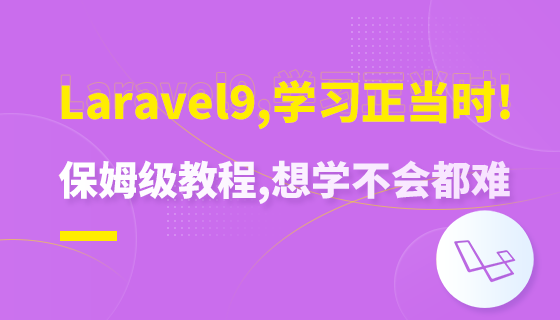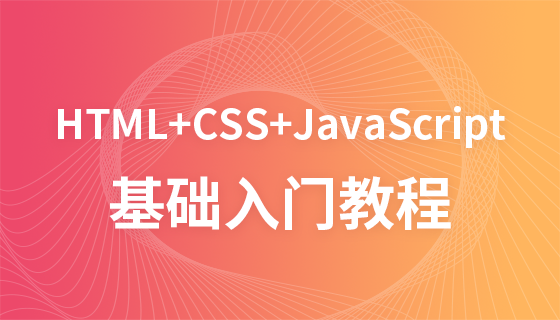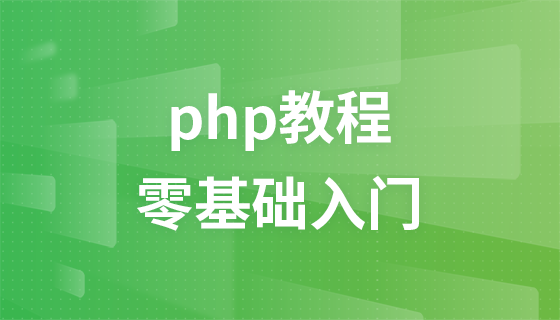checked 关键字用于对整型算术运算和转换显式启用溢出检查。
默认情况下,如果表达式仅包含常数值,且产生的值在目标类型范围之外,则它会导致编译器错误。 如果表达式包含一个或多个非常数值,则编译器不检测溢出。 在下面的示例中,计算赋给 i2 的表达式不会导致编译器错误。
// The following example causes compiler error CS0220 because 2147483647 // is the maximum value for integers. //int i1 = 2147483647 + 10; // The following example, which includes variable ten, does not cause // a compiler error. int ten = 10; int i2 = 2147483647 + ten; // By default, the overflow in the previous statement also does // not cause a run-time exception. The following line displays // -2,147,483,639 as the sum of 2,147,483,647 and 10. Console.WriteLine(i2);
默认情况下,在运行时也不检查这些非常数表达式是否溢出,这些表达式不引发溢出异常。上面的示例显示 -2,147,483,639 作为两个正整数之和。
可以通过编译器选项、环境配置或使用 checked 关键字来启用溢出检查。 下面的示例演示如何使用 checked 表达式或 checked 块,在运行时检测由前面的求和计算导致的溢出。 两个示例都引发溢出异常。
// If the previous sum is attempted in a checked environment, an
// OverflowException error is raised.
// Checked expression.
Console.WriteLine(checked(2147483647 + ten));
// Checked block.
checked
{
int i3 = 2147483647 + ten;
Console.WriteLine(i3);
}可以使用unchecked取消溢出检查
此示例演示如何使用 checked 启用运行时溢出检查。
class OverFlowTest
{
// Set maxIntValue to the maximum value for integers.
static int maxIntValue = 2147483647;
// Using a checked expression.
static int CheckedMethod()
{
int z = 0;
try
{
// The following line raises an exception because it is checked.
z = checked(maxIntValue + 10);
}
catch (System.OverflowException e)
{
// The following line displays information about the error.
Console.WriteLine("CHECKED and CAUGHT: " + e.ToString());
}
// The value of z is still 0.
return z;
}
// Using an unchecked expression.
static int UncheckedMethod()
{
int z = 0;
try
{
// The following calculation is unchecked and will not
// raise an exception.
z = maxIntValue + 10;
}
catch (System.OverflowException e)
{
// The following line will not be executed.
Console.WriteLine("UNCHECKED and CAUGHT: " + e.ToString());
}
// Because of the undetected overflow, the sum of 2147483647 + 10 is
// returned as -2147483639.
return z;
}
static void Main()
{
Console.WriteLine("\nCHECKED output value is: {0}",
CheckedMethod());
Console.WriteLine("UNCHECKED output value is: {0}",
UncheckedMethod());
}
/*
Output:
CHECKED and CAUGHT: System.OverflowException: Arithmetic operation resulted
in an overflow.
at ConsoleApplication1.OverFlowTest.CheckedMethod()
CHECKED output value is: 0
UNCHECKED output value is: -2147483639
*/
} 以上就是C# checked与unchecked用法的内容,更多相关内容请关注PHP中文网(m.sbmmt.com)!

已抢66509个
抢
已抢37378个
抢
已抢20688个
抢
已抢2544个
抢
已抢19060个
抢